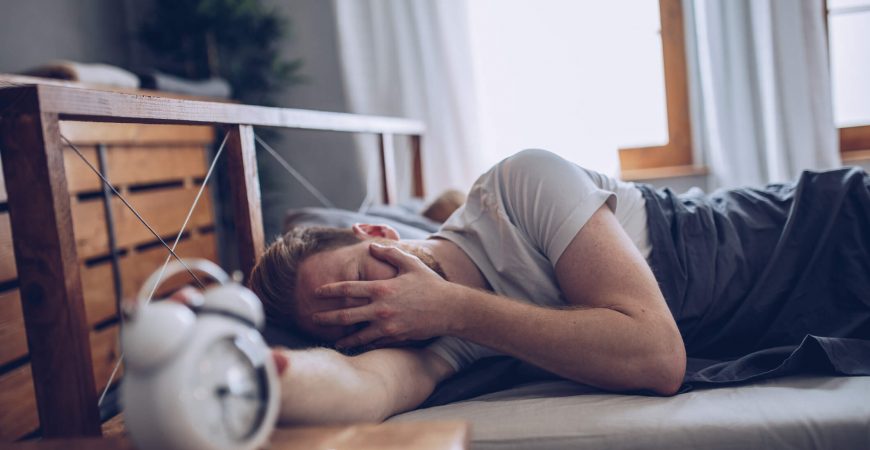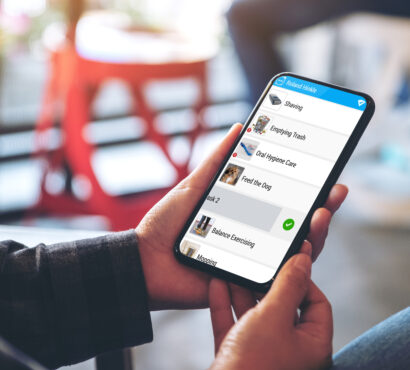Caregiver’s Perspective
Being a caregiver is a high-demand role, period. While most develop their daily to-do lists, carefully checking off items as they accomplish them; caregivers of consumers with intellectual disabilities, TBI’s, and dementia typically experience a higher degree of variation from day-to-day in correlation to the mental state, physical health, and mood of the person they care for. These changes require patience and adaptability that can cause exhaustion and fatigue in busy caregivers. In fact, Family Caregiver Alliance studies have documented that approximately 70% of caregivers report sleep problems, 60% report sleeping less than 7 hours, and 10-20% use alcohol or sleep medication to go to sleep.
Consumer’s Perspective
While we empathize for the caregivers need for self-care, the population of adults with intellectual disabilities who experience sleep deprivation is even greater than that of the general population. (Doran et al., 2006) Additionally, consumers with intellectual disabilities and dementia thrive in an environment where routine guides their daily responsibilities and stabilizes expectations. For dementia patients, consistent lack of sleep can decrease cognitive functioning and retention (Alzheimer’s Association) and for adults with intellectual disabilities, it impairs their ability to control emotions, attention, and motor skills.
When Sleep Deprivation Collides
When the caregiver has an “off” day with the person receiving care, and the daily to-dos are still there on the list waiting to be accomplished, it is commonplace to handle responsibilities in the time that the caregiver allotted for self-care and sleeping. In turn, the schedule of the person receiving care is off kilter, causing anxiety that, in turn, affects their ability to sleep.
Upon examination of the symptoms of sleep deprivation or unscheduled sleep time from both perspectives, it becomes evidently apparent that without a sufficient place and time to replenish the body’s need for rest – so as to lessen the odds for an “off” day. Ultimately, the culprit of the question, “Who’s inability to sleep is affecting this situation?” resembles the same answer to the question, “Which came first: the chicken or the egg?” (It doesn’t really matter; it is important for the BOTH of you.)
Increasing the Odds for Sleep Success
Below you will find some ways we recommend for creating a systematic approach to improved sleep habits:
Creating good sleep habits – The Basics:
- Designate a routine sleep schedule and stick to it each night.
- Make the hour before you go to sleep your quiet time. (No TV or technology to allow your brain time to decompress.)
- Create an inviting bedroom space with little clutter and comfortable bedding to induce better sleep.
- Invest in light blocking shades so that you can sleep well at any, given time of the day.
Embrace physiological rules for better sleep:
- Avoid caffeine in all forms for at least three hours before going to sleep.
- Limit exposure to backlit screens for about an hour before going to sleep.
- Eat your heavier meals earlier in the day.
- Spend a set amount of time exercising and/or getting outside each time. Do avoid exercise too close to bedtime to allow physical adrenaline to subside.
Most importantly, make sleep a PRIORITY; not an option or variable in each day’s schedule. Scheduling/tracking your sleep are important factors for the health of both the person receiving care AND the caregiver. The power to make it happen, however, lies with the caregiver or the organization the caregiver works for.
If you are a caregiver would like information on how CreateAbility’s MeMINDER app can affordably and efficiently help you make (and keep) sleep a priority for both the caregiver and the consumer, click here.



